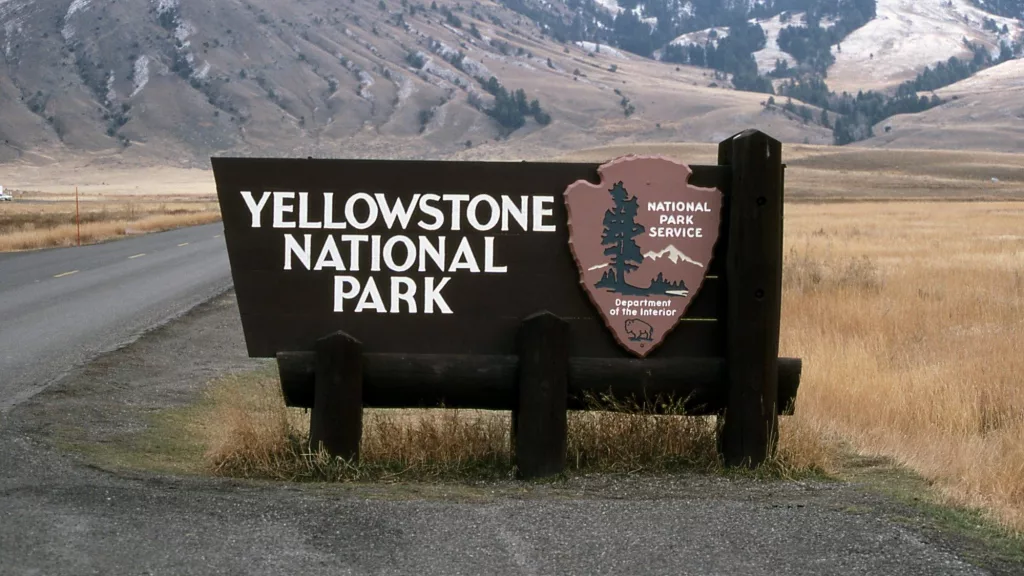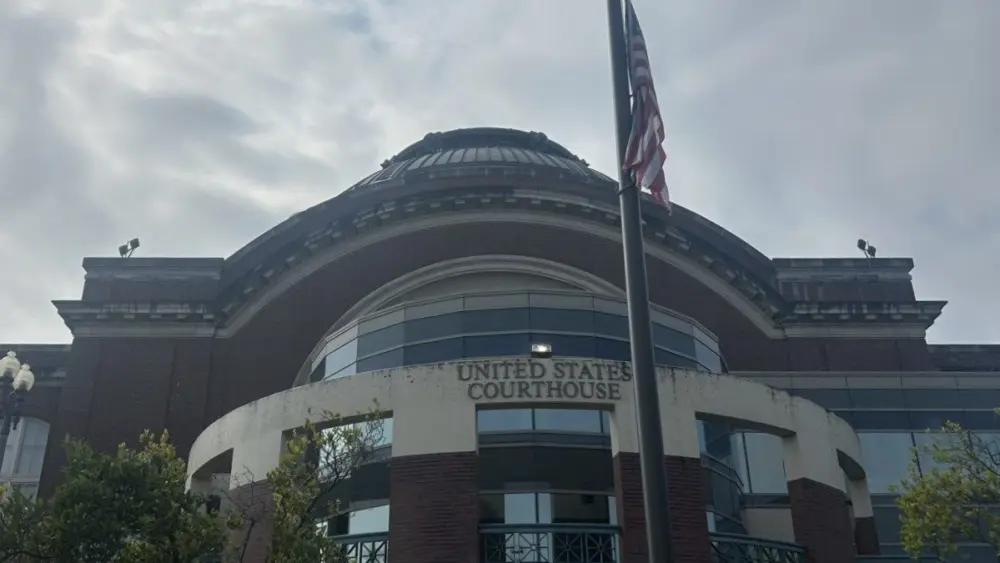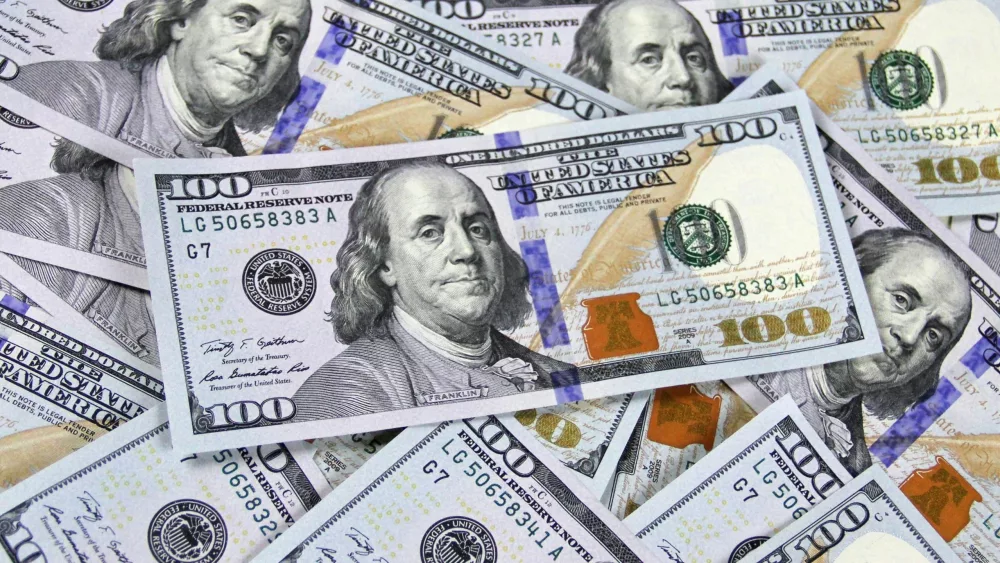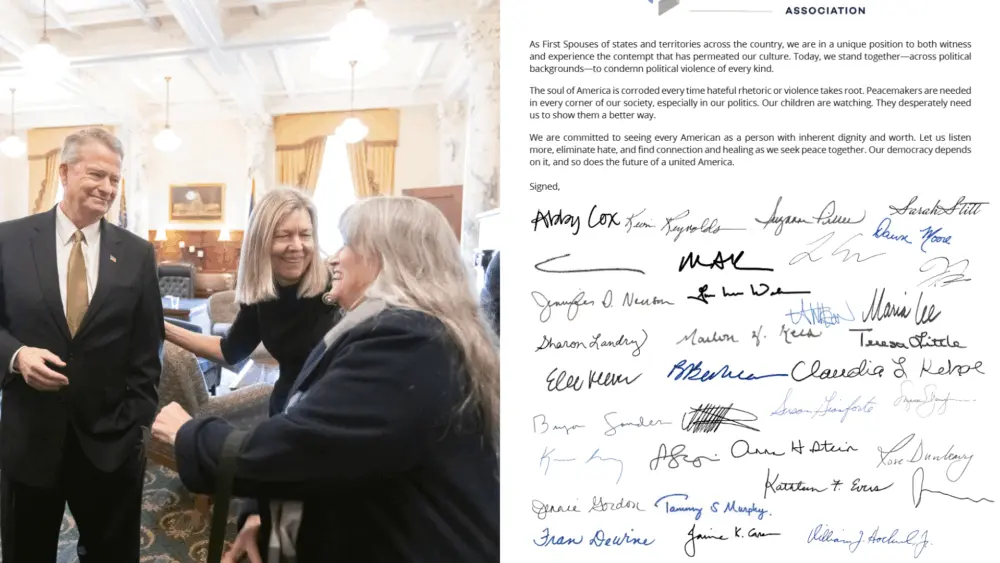HELENA, MT – Members of Montana’s congressional delegation have introduced bicameral legislation implementing a presidential order that will charge international visitors to America’s national parks an additional fee.
The state’s western congressional Rep. Ryan Zinke, a former Interior Secretary during President Donald Trump’s first term, along with junior U.S. Sen. Tim Sheehy, introduced the Protecting America’s Treasures by Raising Inflow from Overseas Tourists in Parks Act (PATRIOT Parks Act), which could address maintenance backlogs at some of the country’s most popular sites.
“National Parks are Americas best idea and maintaining that legacy for future generations means making smart investments in the management of the parks,” Zinke said in a press release. “Americans already pay for parks in our tax dollars as well as at the gates. It’s unfair to American taxpayers to foot the bill for millions of foreign visitors. Almost every other country charges foreign visitors more, it’s common sense. President Trump and Secretary Burgum did the right thing directing the National Park Service implement a foreign visitor fee. This legislation will codify the policy and ensure Americans are put First in our own parks.”
The idea to raise additional funds from foreign tourists has long been championed by the Property and Environment Research Center, a Bozeman-based a “free market environmentalism” nonprofit think-tank. Sheehy once served on its board.
In preliminary Interior budget documents for the 2026 fiscal year released this spring, the federal government proposed a new fee on foreign visitors to address some of the shortfall in National Park Service budgets, but simultaneously showed an agency request of just $2.1 billion, roughly two-thirds of the NPS budget in 2025.
However, the latest version of the Interior appropriations bill, which passed through committee this week, showed a budget recommendation $3.1 billion — roughly holding current funding levels intact.
Last year was the busiest on record for the NPS, with more than 331 million visitors spending time at the 433 NPS units, including historic sites, battlefields and monuments, in addition to the 63 national parks.
The increased traffic at the nation’s crown jewels have added to a deferred maintenance backlog of nearly $23 billion to maintain roads, buildings, utility systems and other facilities across the park system.
According to researchers with PERC, because roughly 80% of entrance fees charged by some NPS sites are retained at the site they are collected, increasing gate revenue could help address specific maintenance backlogs at heavily trafficked sites.
In a study using NPS data showing baseline entry fee revenue of $349 million, PERC calculated a $16, $25 and $40 surcharge for foreign visitors, with an estimate that the surcharge would correspond with a roughly 3% decrease in visitation.
The smallest surcharge would generate an additional $211 million annually, while the highest would bring in $528 million — more than doubling the current revenue.
“The current system is relatively blunt — there are lots of margins you can refine in a logical way,” Watkins said. “That’s where I think you can see big changes happen.”
Early versions of the federal directive to increase fees on foreign visitors cited an additional $90 million in fees, but neither Trump’s executive order, the latest appropriations documents, nor the newly introduced legislation have specific dollar amounts set as revenue goals.
The PATRIOT Parks Act was co-introduced in the respective chambers with Rep. Riley Moore, R-West Virginia, and Sen. Jim Banks, R-Indiana.
“Our national parks drive Montana’s tourism economy by bringing in visitors from all over the world and define our way life by offering an experience you can only find in America,” Sheehy said in a statement. “Implementing a foreign visitor fee is an America First, commonsense way to secure affordable access for American families, improve our national parks for all visitors, and better manage our treasured public lands. It’s not too much for Americans to ask that their government puts them first, and that’s why I’m proud to support the PATRIOT Parks Act so more American families can enjoy our national parks for generations to come.”
Officials who have spoken about the proposed fee changes cite other parts of the world where foreign tourists are charged more than locals. The Galapagos Islands are commonly referenced, where foreign tourists pay $200, while Ecuadorian adults pay just $30.
“It is the policy of my Administration to preserve these opportunities for American families in future generations by increasing entry fees for foreign tourists, improving affordability for United States residents, and expanding opportunities to enjoy America’s splendid national treasures,” Trumps executive order stated.
The foreign surcharge, as defined in the PATRIOT Parks Act, would only apply to NPS sites that already charge entrance fees, and exempt monuments in Washington D.C.
Canadian citizens visiting Glacier National Park are also exempt from the fee, recognizing the joint stewardship of the Waterton-Glacier International Peace Park.
Daily Montanan is part of States Newsroom, a nonprofit news network supported by grants and a coalition of donors as a 501c(3) public charity. Daily Montanan maintains editorial independence. Contact Editor Darrell Ehrlick for questions: info@dailymontanan.com.





